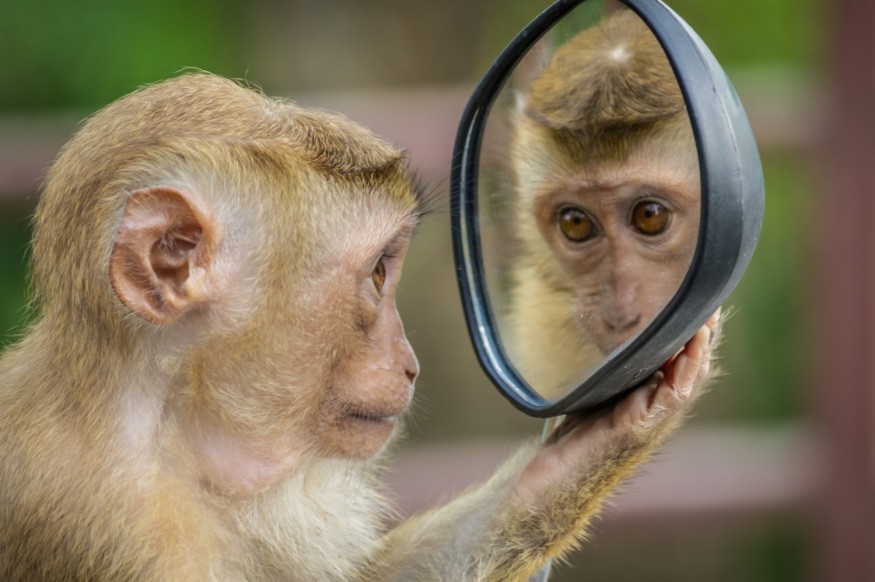A multinational research team has analyzed primate genomes, generating the most comprehensive genetic catalog for humans' closest relatives. The study, titled "A Global Catalog of Whole-Genome Diversity From 233 Primate Species" published in Science, provides insights into primate evolution and diversity, with a focus on baboons as a model for understanding early human lineages.
The research reveals significant genetic diversity within primate species and across regions, offering a crucial understanding of human evolution, disease causes, and species conservation. The study sequenced the genomes of 809 individuals from 233 primate species, representing a fourfold increase in available primate genomes and encompassing almost half of known primate species.

Analyses of Primate Genomes and Evolutionary History
According to Science Daily, the comparative analyses conducted in this study yield essential insights into the genetic diversity and evolutionary history of primates that shed light on the distinctive features that set humans apart from other primates. Through the analysis of genomic data, the number of genomic variants believed to be exclusive to humans has been significantly reduced.
This reduction facilitates the identification of mutations unique to humans, potentially serving as the foundation for the characteristics that define our species.
Dietmar Zinner, a scientist from the German Primate Center, highlights the significance of this discovery, stating that it simplifies the search for mutations not shared with other primates, which could be crucial for understanding the traits that make us human.
Among the studies conducted, a closer examination of baboon evolution reveals several previously unknown instances of hybridization and gene flow between different baboon species. Notably, baboons from western Tanzania have been identified as the first nonhuman primates to exhibit contributions from three distinct genetic lineages.
Liye Zhang, a doctoral student involved in the baboon study, emphasizes the implications of these findings, suggesting that the genetic structure and history of genetic exchange between baboon species are more complex than previously believed.
Zinner noted that these results indicate that baboons provide a valuable model for studying similar evolutionary processes in early human lineages both within and outside of Africa.
Huge Expansion of Genome Analyses Help Understand Genetics of Social Structure
Advancements in primate genome sequencing have allowed researchers to make significant progress in understanding human-specific genetic traits. El Pais reported that the number of sequenced primate species has increased from a few dozen to 233, enabling a better distinction between human-specific genetic variations and those shared with other primates.
This has led to a halving of potential candidate mutations that define our species. Researchers, including Marquès Bonet, have identified 89 genetic variants in 80 genes, such as the NOVA1 gene involved in early brain development, that play a crucial role in shaping human characteristics.
The divergence of evolutionary paths between humans and chimpanzees occurred around seven million years ago, while gorillas diverged earlier, approximately eight million years ago. Surprisingly, about 16% of the human genome exhibits more similarity to the gorilla genome than the chimpanzee genome.
Studies led by Iker Rivas González have revealed different evolutionary histories within the same genome, with certain genes associated with fur and the immune system evolving at a faster rate compared to other primate genes.
Primate researchers, including Julia Fischer, are examining the behavior of monkeys and apes to gain insights into human social evolution. Fischer's study focuses on Guinea apes, which exhibit unique mating behaviors where females choose a preferred male, while males wait to be chosen by multiple females.
The question of how much these behaviors are genetically determined remains intriguing. Although previous genome studies did not unveil specific genetic regions linked to these behaviors, the abundance of primate data presents new opportunities for discoveries in this field.
RELATED ARTICLE: Genome Sequencing Traces the Lineage of Early Humans; Is It Time to Reconsider Our Origin?
Check out more news and information on Evolution in Science Times.
© 2026 ScienceTimes.com All rights reserved. Do not reproduce without permission. The window to the world of Science Times.











